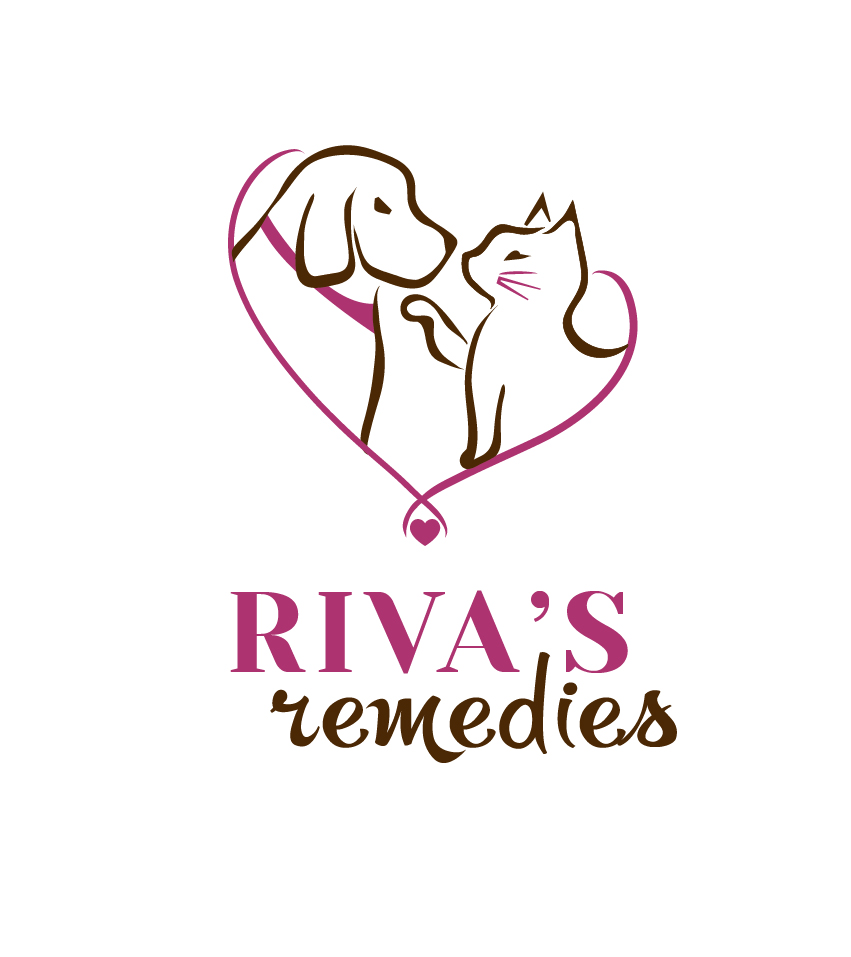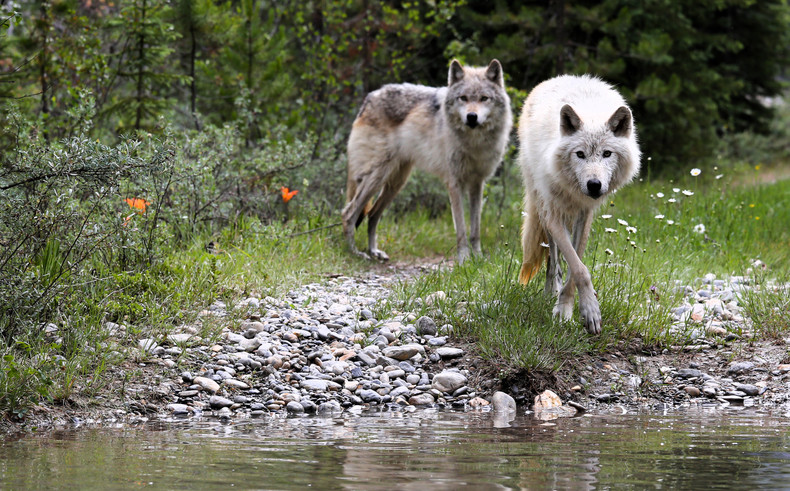Are Dogs Similar to Wolves?
Dogs are neither similar nor dissimilar to wolves because they are wolves themselves. Dogs are one of the thirty-seven sub-species of wolves, along with the red wolf and the Arctic wolf for example. Modern research has shown that wolves and dogs share a common ancestor, rather than a direct lineage. As such, dogs - no matter if they are Pomeranians or Great Danes - share approximately 98.9 percent of their DNA with gray wolves.
Why is this important? Because it helps us to understand our dogs’ behaviour and instincts based on the habits of their wild family members, and perhaps most importantly learn how to feed them. Without the context of the wolf, we may and often do feed them based on marketing information. Dog food companies, for example, have done a very good job of selling the “carnivore” lifestyle for feeding our dogs. These images stir up our connection to the wild and brings us back to nature. But have we gone too far? And is it truly the best diets for our dogs? Read on…
What do Wolves Eat?
A lone wolf is a very efficient hunter who eats mostly birds, beavers, raccoons, rabbits, fish, snakes, gophers, squirrels, and small rodents. They also eat insects and fruit. They also prey on, albeit not as often, ungulates such as elk, deer, bison, moose, and caribou. These larger red-meat animals are harder to catch and can only be hunted successfully by a pack of six to seven wolves.
Pack hunts are on the decrease however, because of loss of habitat. Loss of habitat and the fact that large prey animals are more difficult to take down, means that pack hunts are only successful once out of every seven to ten hunts. This means that they might only consume a big kill every two to four days which is then shared among the pack. The most successful hunts are in the winter because they have a speed advantage when they can out run their prey on the surface of the snow and thin ice because they don’t sink like the large animals do. And while diets do vary between different wolf species, the primary food source for wolves is the smaller prey with added plants and berries that they find during times of food shortage.
Wolves are challenged by the weather, the environment, availability of prey, and many other factors which limit their food. But wolves eat with the seasons and are in a natural rhythm with nature. They have the ability to hunt and forage a variety of different food groups and physical detoxification is part of their normal lifestyle. They don’t over eat or eat processed food or factory animals.
What does this mean for the modern and domestic dog? It means that we are feeding our dogs based on the diet model of the wolf, even though their lifestyles are not similar at all. Most of our dogs are simply not working hard enough to enjoy the high meat low fibre protein foods that we hand out to them every day.
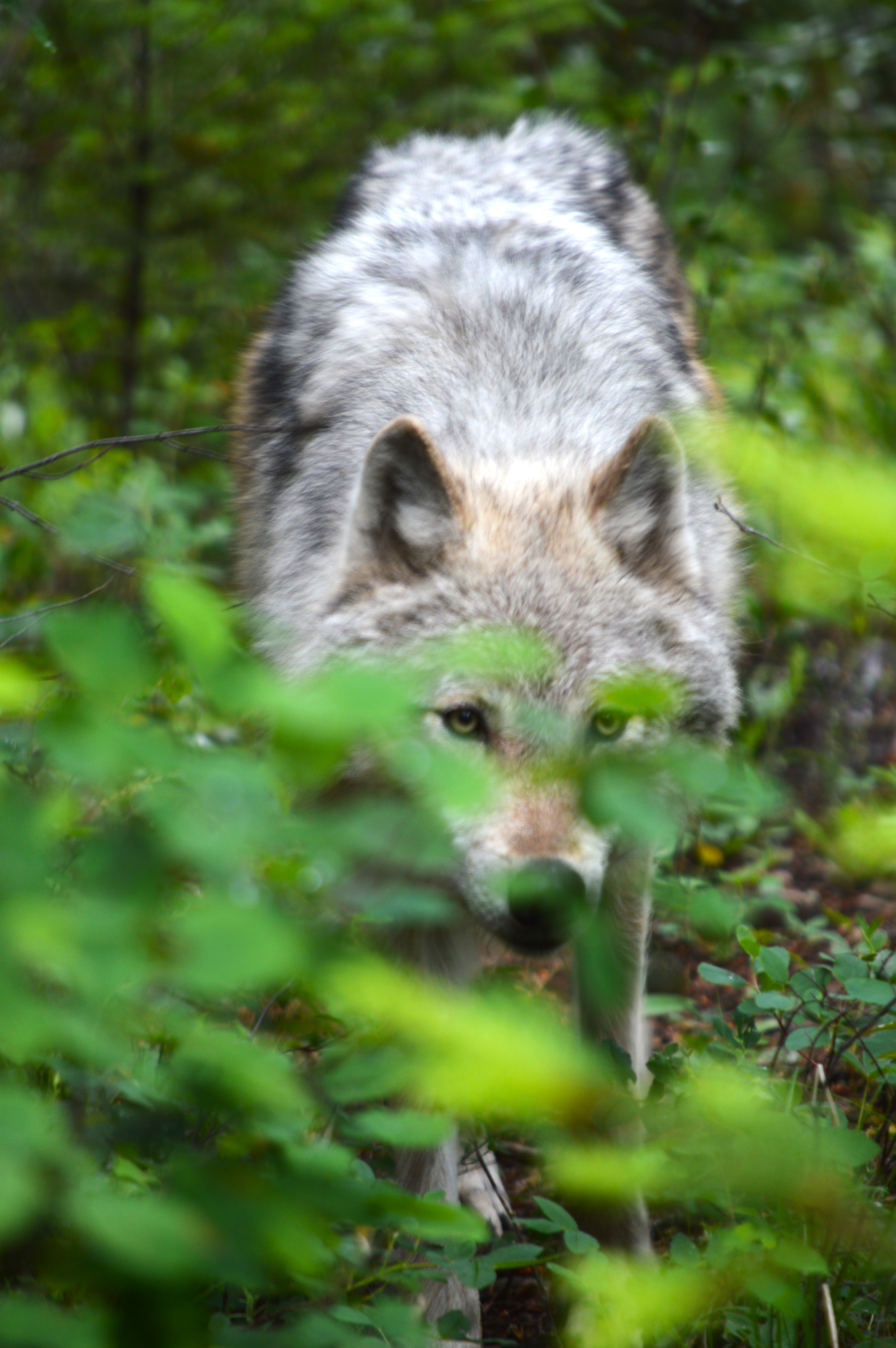
The Hunt vs Couch Potatoes
Wolves expend a tremendous amount of energy stalking, chasing, and killing their prey. They are known to travel 60 km per hour in short bursts but can maintain speeds of about 40 km for up to 20 minutes. That’s nothing short of impressive! Packs are known to travel up to 100 km in one night during their hunts.
Compare that to the normal domestic dog who only has to walk across the room to get their food – no chasing, no running, no killing, no injuries, and no competition aside from the occasional snarl from a possible housemate. They don’t have other pack mates to feed or youngsters to look after; they only need to feed themselves. Life is good. Or is it?
What Do Our Dogs Eat?
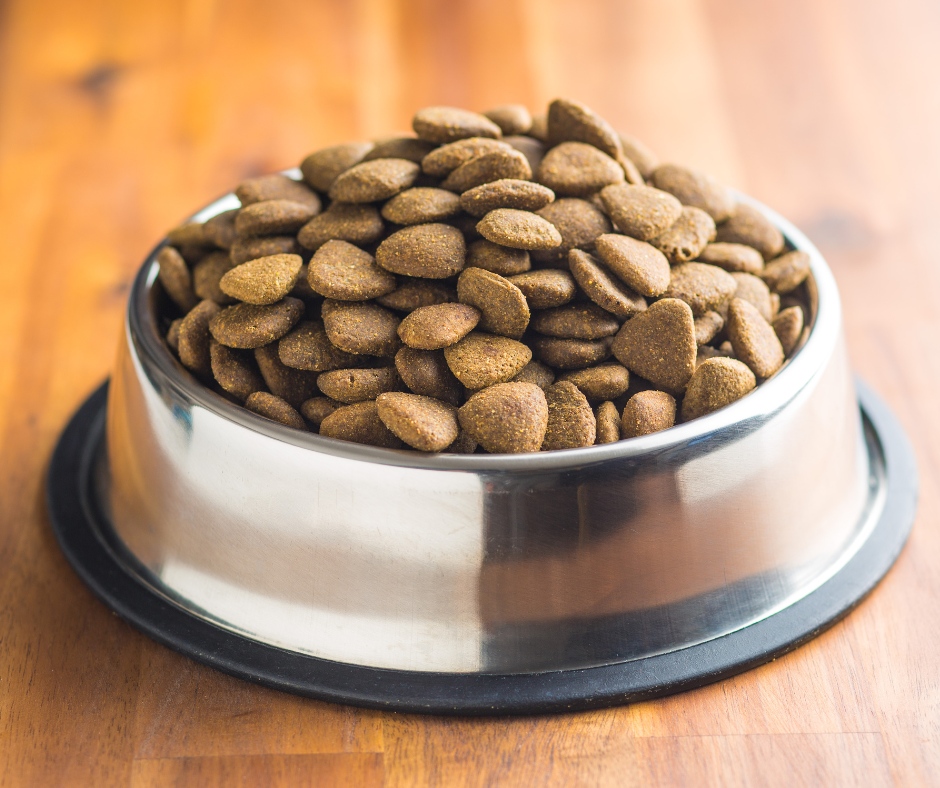
Dogs on processed foods are eating a lot of meat and are getting more protein than they actually need. Protein levels in commercial food can be as high as 40 percent. And beef, goat, lamb, chicken, venison, and bison are considered “hot” foods. That’s because they require a lot of digestive energy to break down and metabolize. For animals that don’t move enough, these foods can use up more energy to digest, then they provide.
If dietary protein is too high, the body looks for ways to eliminate all of the excess chemicals, ammonia, urea, and various acids. This stresses the elimination organs including the liver, kidneys, intestines, and skin setting them up for disease.
The grain-free fad has increased meat consumption as well. This especially affects our senior dogs who get less exercise, have a lower metabolic rate, and don’t have the digestive capabilities to digest high meat diets – raw or cooked. Immune compromised dogs are affected as well.
Many dogs are also eating a mixture of meat protein, so they might be feasting on a combination of turkey, lamb, and duck. Or fish and pork. Or bison, lamb, and fish. This is something that wolves rarely do. Combining meat proteins is not natural to the canine digestive system and disrupts the digestive processes. As well, most of our dogs are not getting the whole carcass which includes organs, fatty tissue, and bone marrow.
And our dogs are not eating the same meat that the wolves are eating. Meat from processed dog food meat is seriously contaminated with GMO feed, chemicals, herbicides, insecticides, hormones, pollutants, and drug residue. There are over 80,000 chemicals in commercial use including DDTs, PCBs, and dioxins. And the animals (including people) who are at the top of the food chain have the highest levels.
How is Meat Affecting the Health of our Dogs?
Wolves can experience a variety of health problems due to their environment. Everything from poisonous plants and respiratory problems to viral diseases and bacterial diseases can afflict them. Wolves that live near farms and ranches are most vulnerable to the bacterial and viral diseases, likely from exposure to sick farm animals and their waste. Wolves must also endure physical injuries and wounds with no medical care other than exercise and medicinal plants.
But one thing that wolves don’t experience is the domestic diseases that we, the people, have caused our dogs. Unselective and random breeding along with unhealthy lifestyles have resulted in a number of endemic canine diseases. Arthritis, obesity, Insulin Resistance, Cushing’s, diabetes, cancer, heart conditions, digestive problems, joint disorders, immune issues, allergies, skin conditions, and vaccinosis keep the vet clinics full. And we are the cause of all this suffering. Even though we love our dogs, careless breeding, over-medicating, lack of exercise, household stress, and food are all destructive practices.
But food is key! That’s why people everywhere are trying every diet they can think of to alleviate their dog’s health problems: immune issues, cancer, allergies, skin conditions, poor digestive function, joint problems, anxiety, and conditions of the nervous system including seizures. Every day concerned pet parents tell us that they have tried every diet out there. They haven’t, of course, otherwise their dogs would be feeling better. What they have tried, is every commercial diet out there which contains meat. Even if they go raw or home-cooked they are still feeding different kinds of animal meat because their dogs are carnivores.
How Can We Help Our Dogs with Better Health?
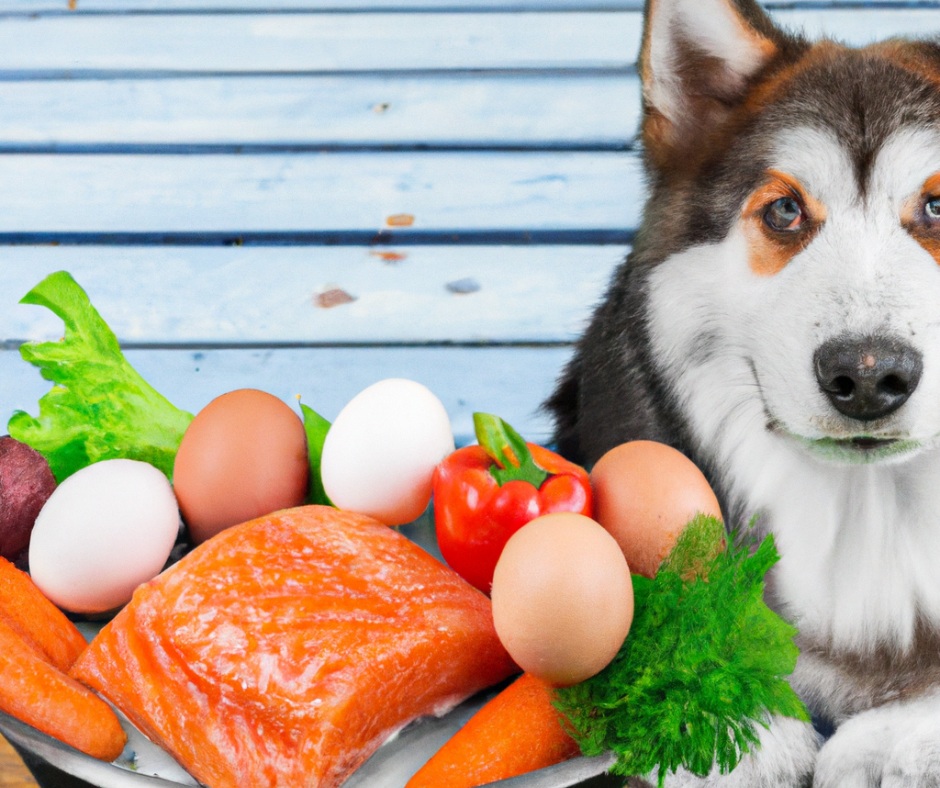
After working on thousands of dogs with challenging and persistent health problems over many years, I have found that the toxic effect of excess protein is a major culprit in many pet health conditions. Dogs can and do benefit from “meat-free” cleanses, just like their wild ancestors who naturally cleanse on a regular basis. And furthermore, dogs, just like wolves, will not perish or become ill without eating meat for a few weeks. With an appropriate combination of a variety of foods and well-selected supplements dogs can detoxify, rebuild their digestion, regain their health, and find renewed happiness and wellness.
Supplements for detoxification can be very beneficial.
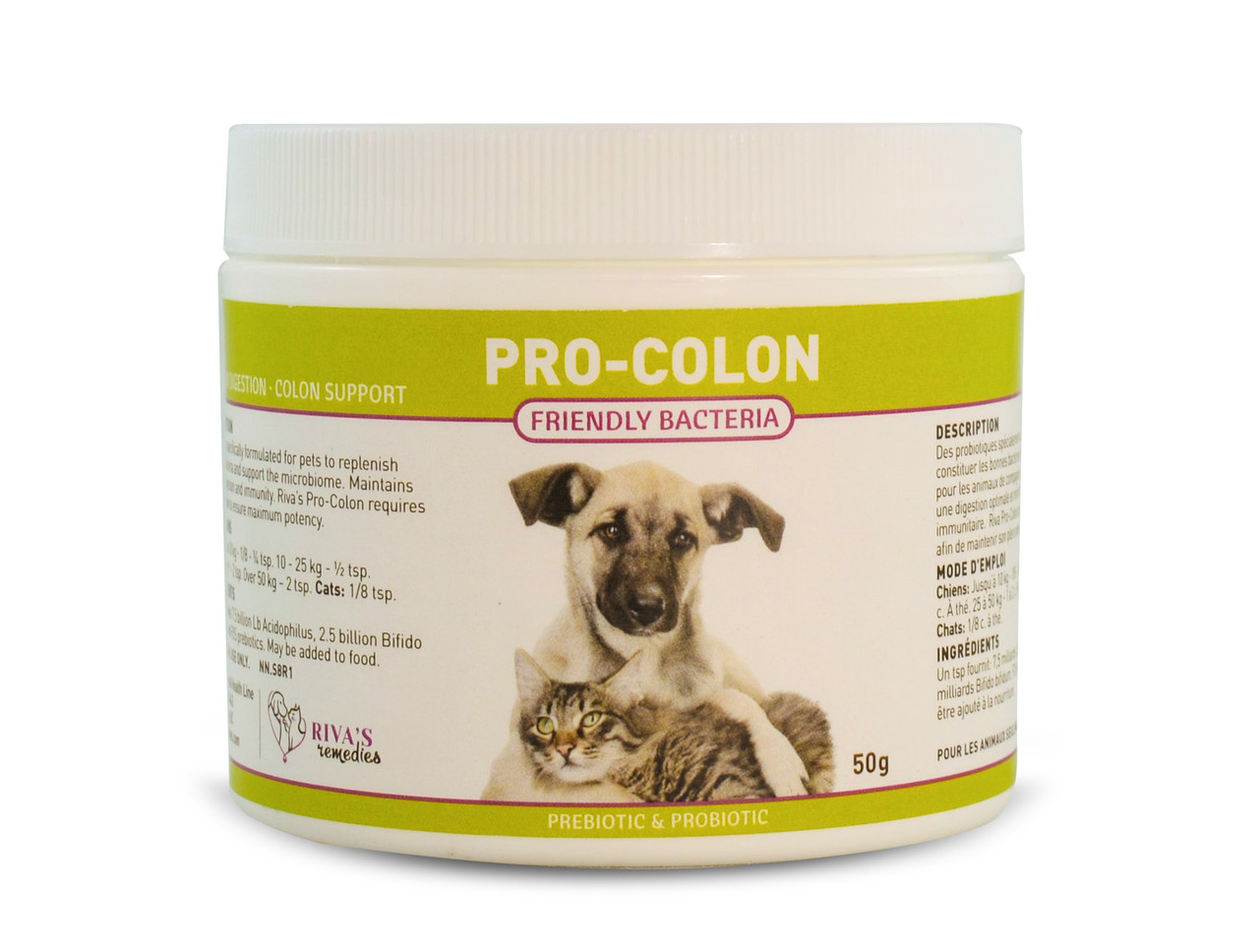
Pro-Colon: Give one dose daily during the detoxification phase. Supports the intestinal microbiome, the immune system, and digestive function.
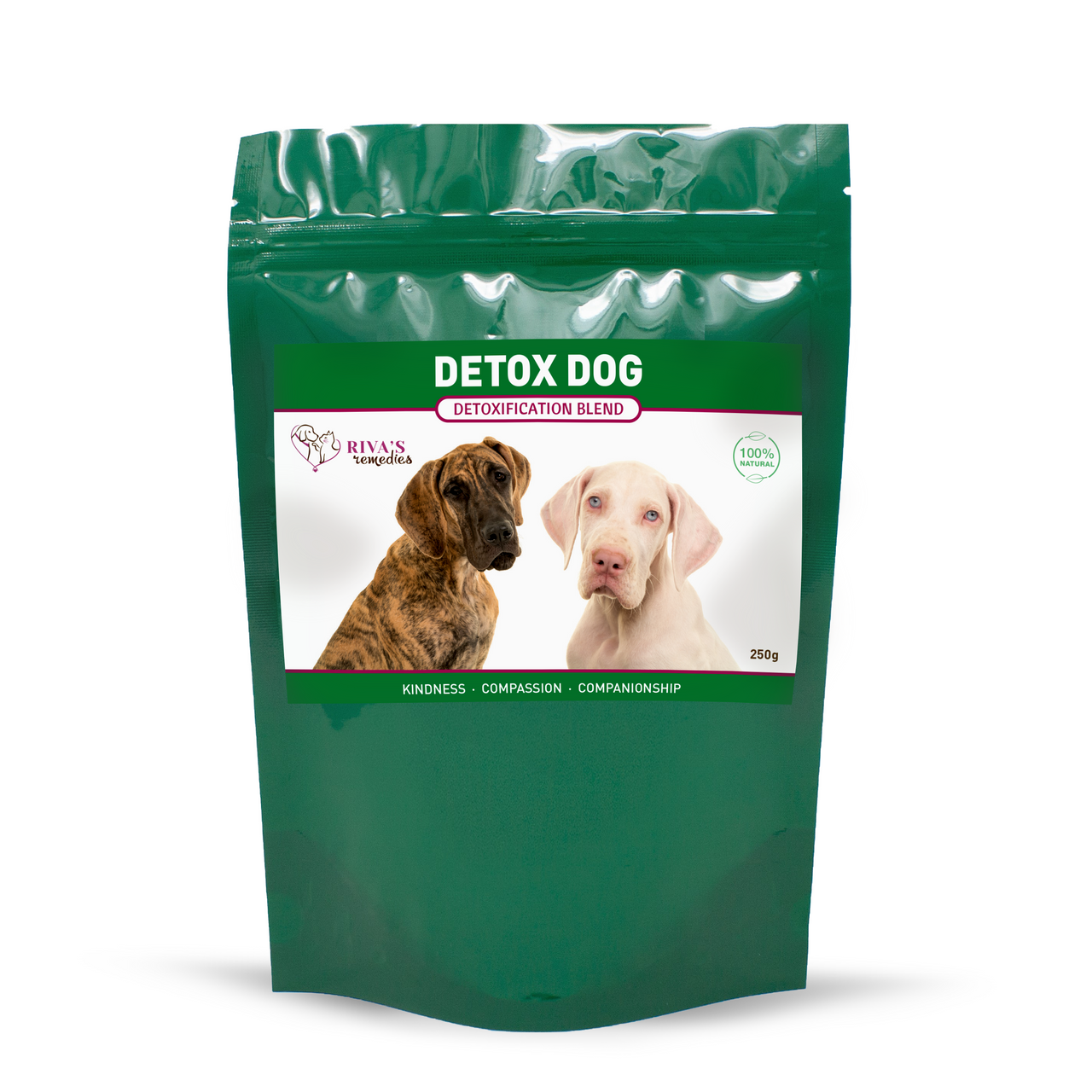
Detox Dog: An herbal blend to maintain kidney, liver, intestinal, and skin health during a detox program.
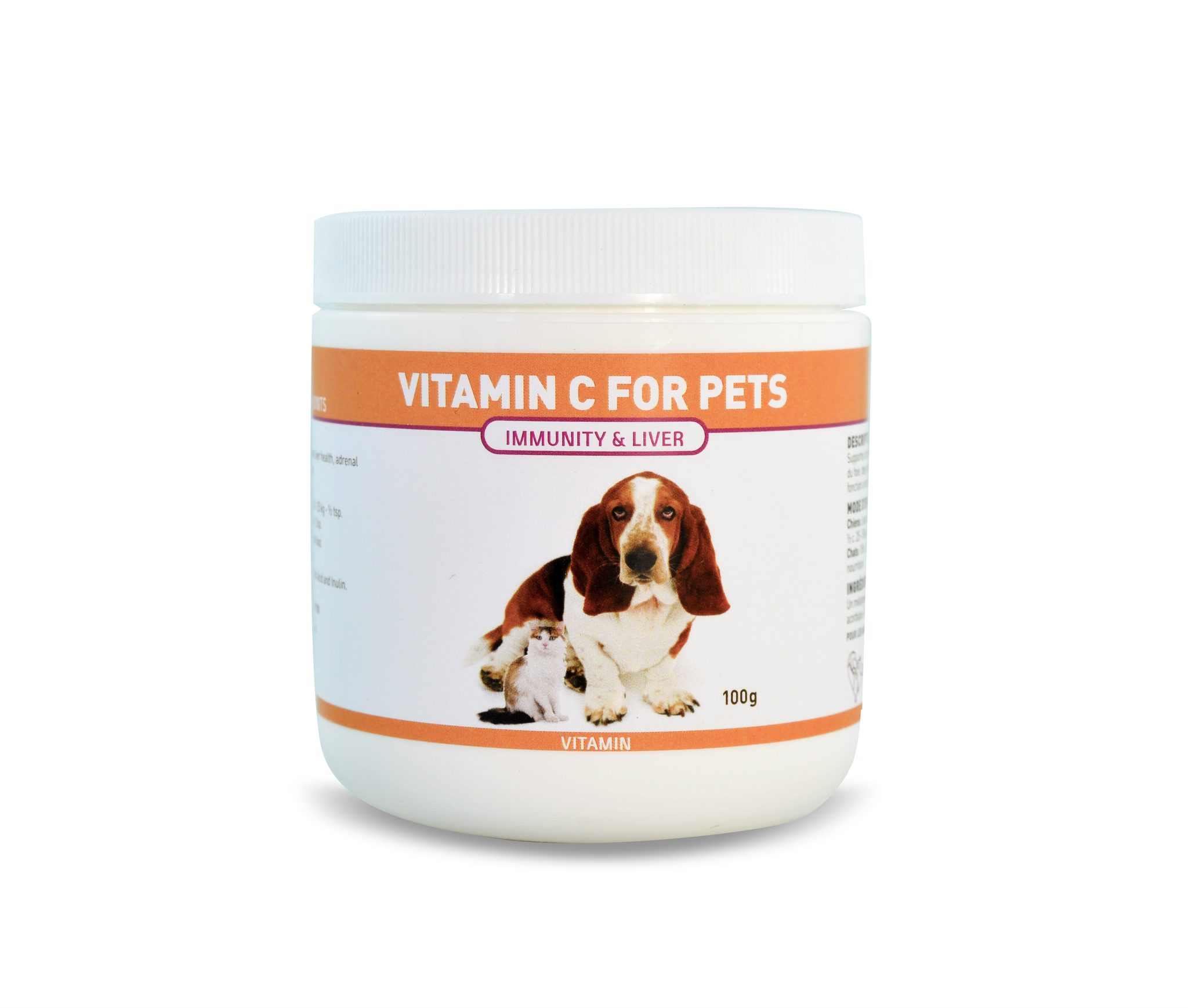
Vitamin C: Supports the immune system and liver health. Maintains healthy adrenal function, joint health, and kidney function.
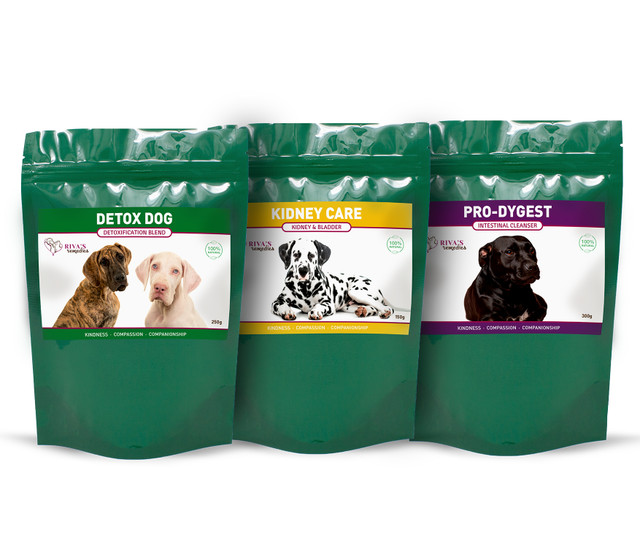
Detoxification Bundle Special: A combination of Detox Dog, Kidney Care, and Pro-Dygest herbal blends for a comprehensive detoxification program.
*Please note: We provide a thorough selection of our natural products to help you choose the ones that are best suited for your dog. If you need additional assistance in making the right choice, feel free to reach out to us.
For extensive information on diet, nutrition, and food choices read a copy of Healing Dogs Their Way
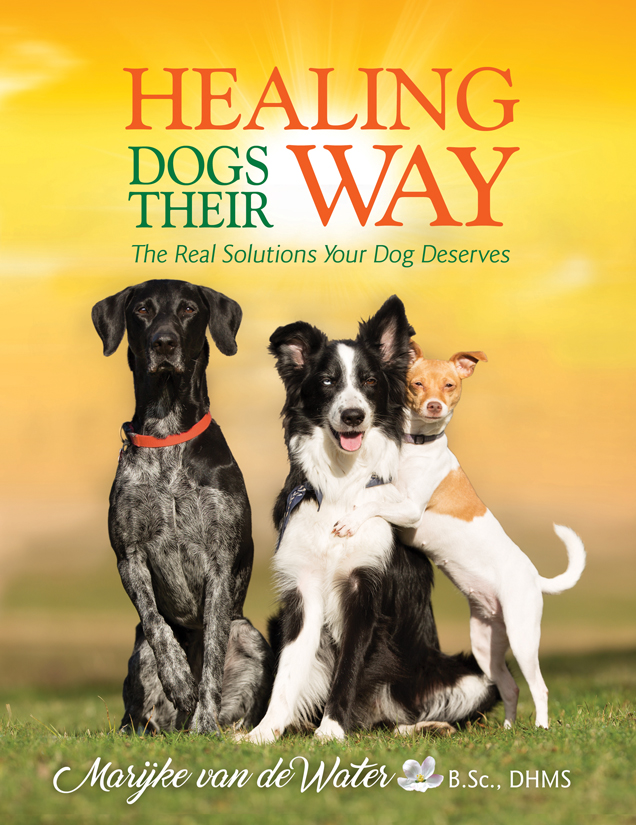
We are now offering Canine Food Allergy testing! Find out what your dog should and should not be eating.
